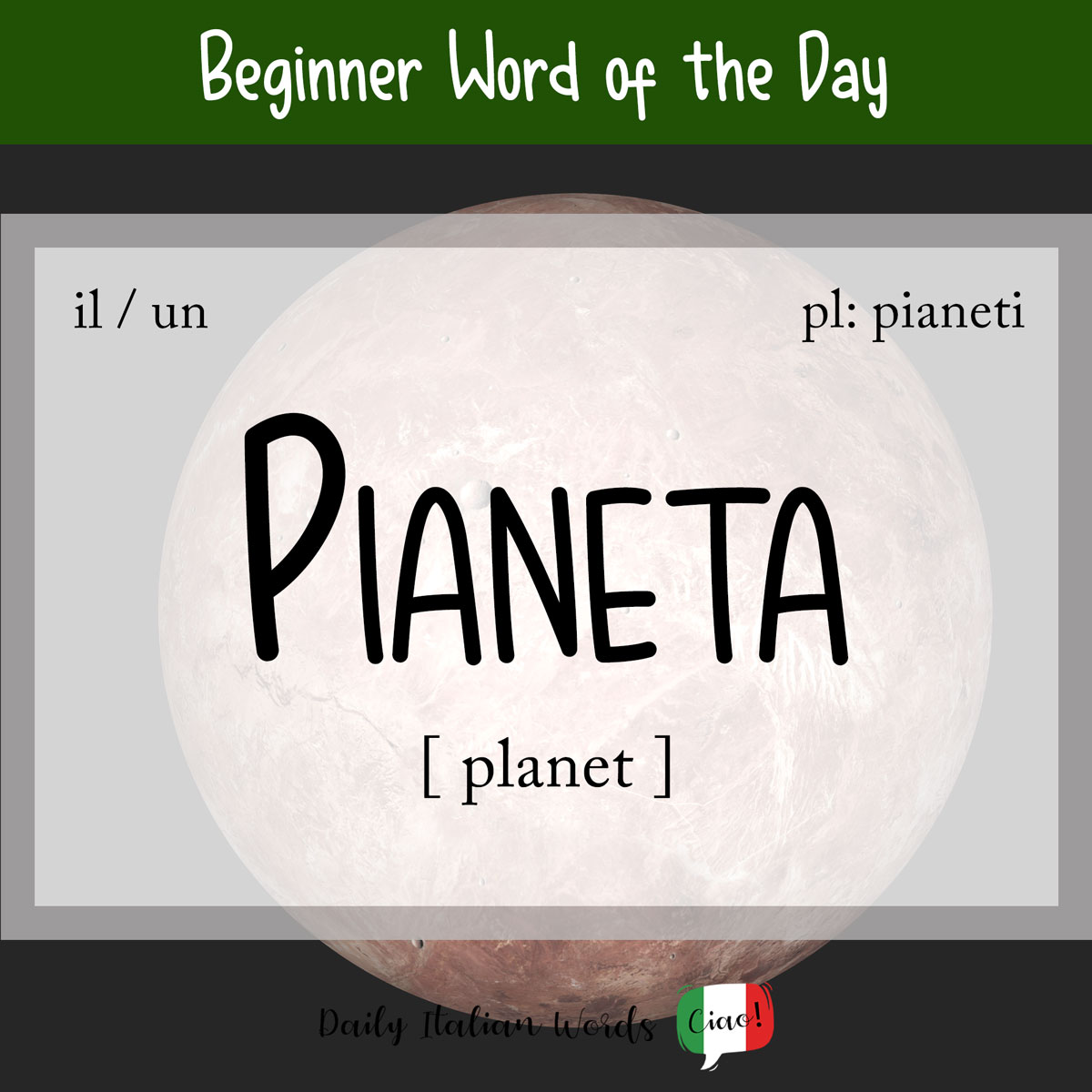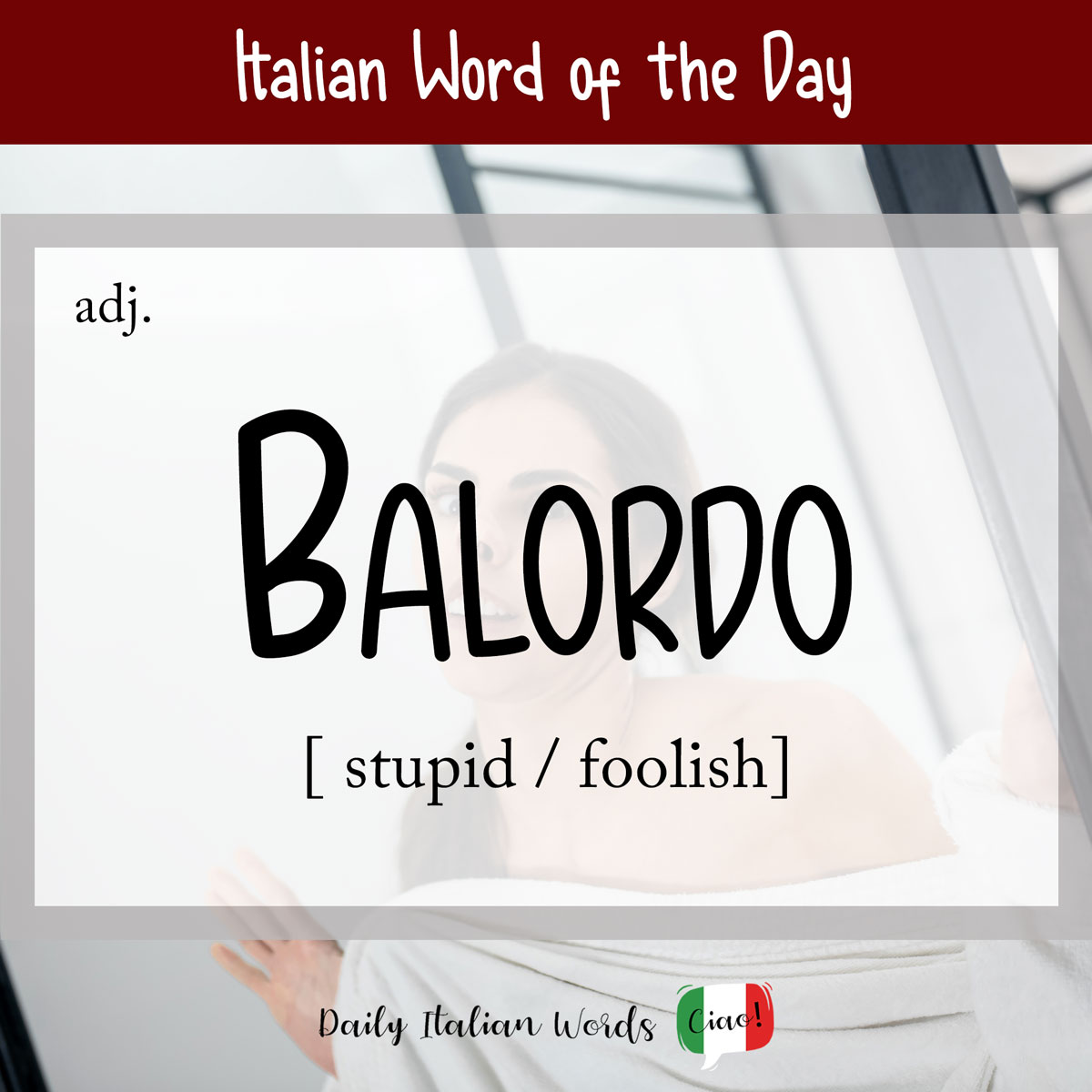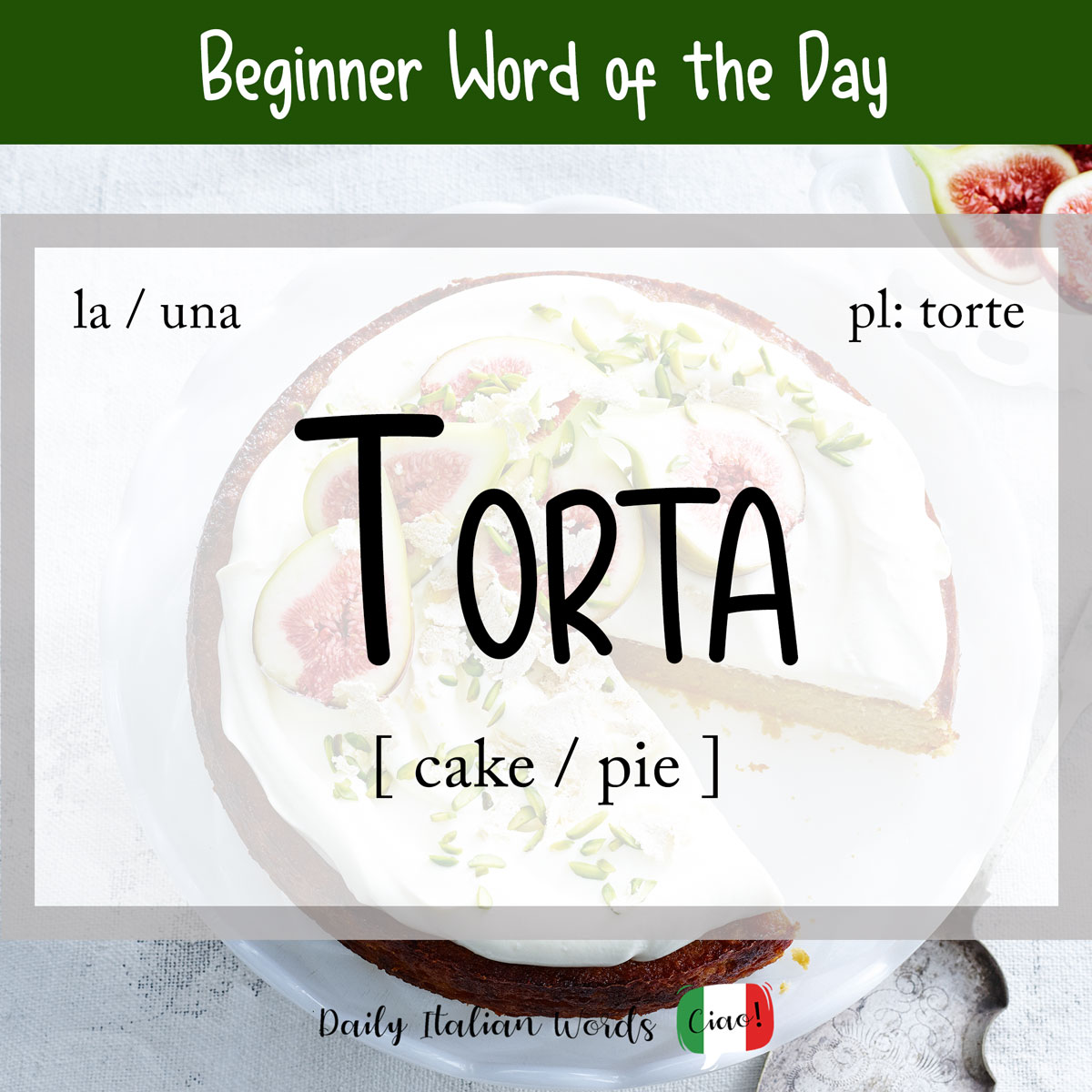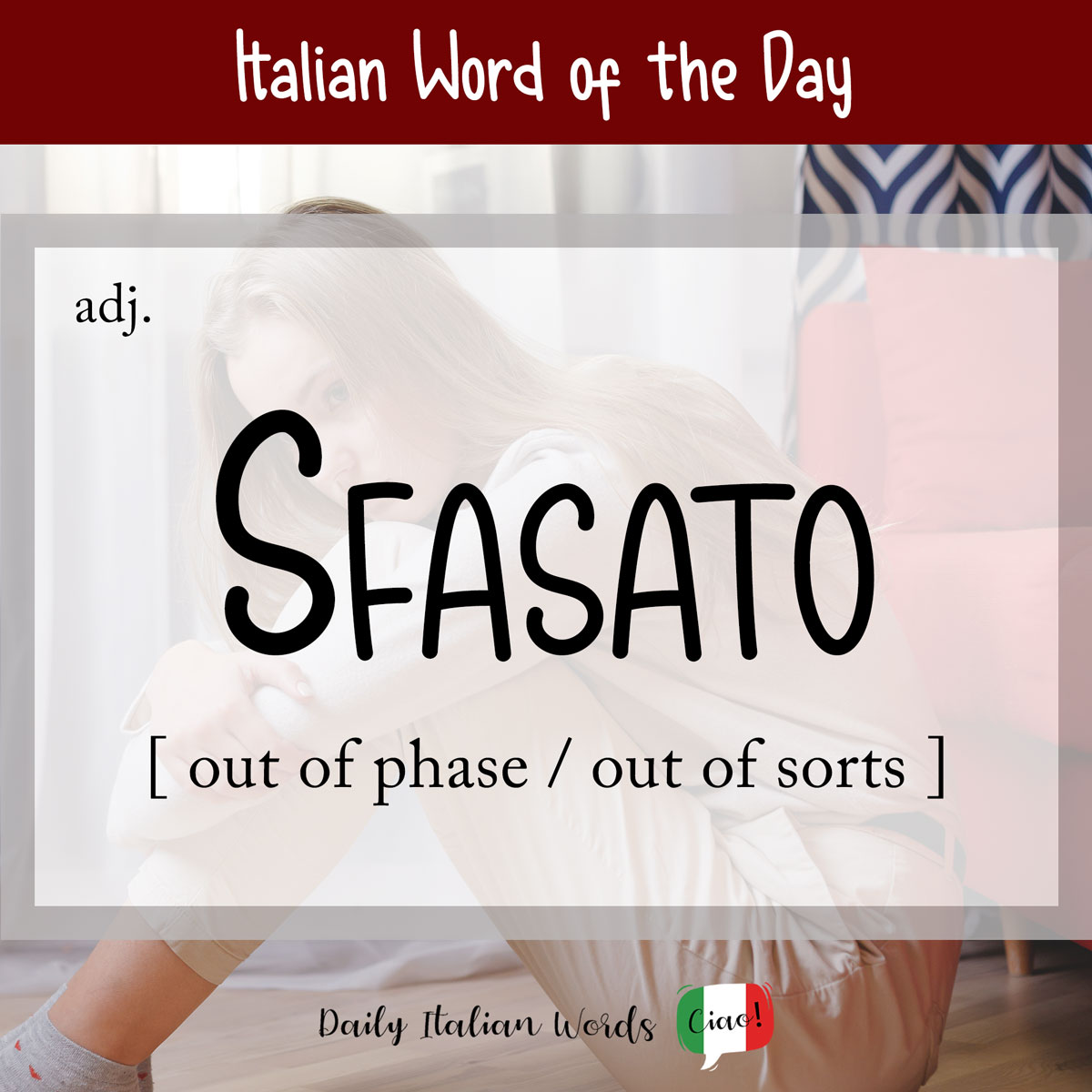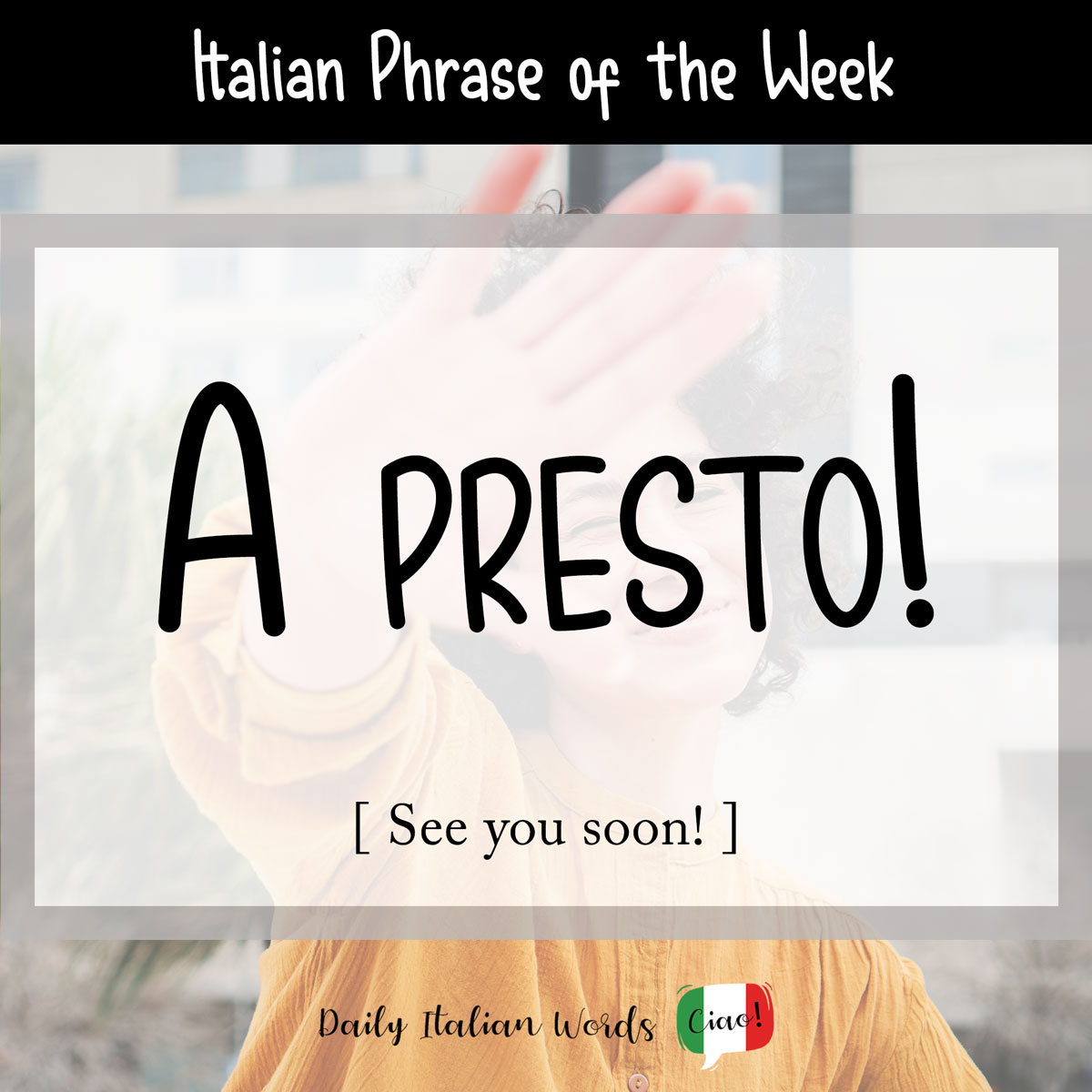Italian Word of the Day: Pianeta (planet)
The Italian word for planet is pianeta, which comes from the Greek planetes via the Latin planeta. Learn with our video It would be logical to assume that it is a feminine noun given that it ends in the letter ‘a‘, but it is actually masculine. This is likely because the archaic version of the …

